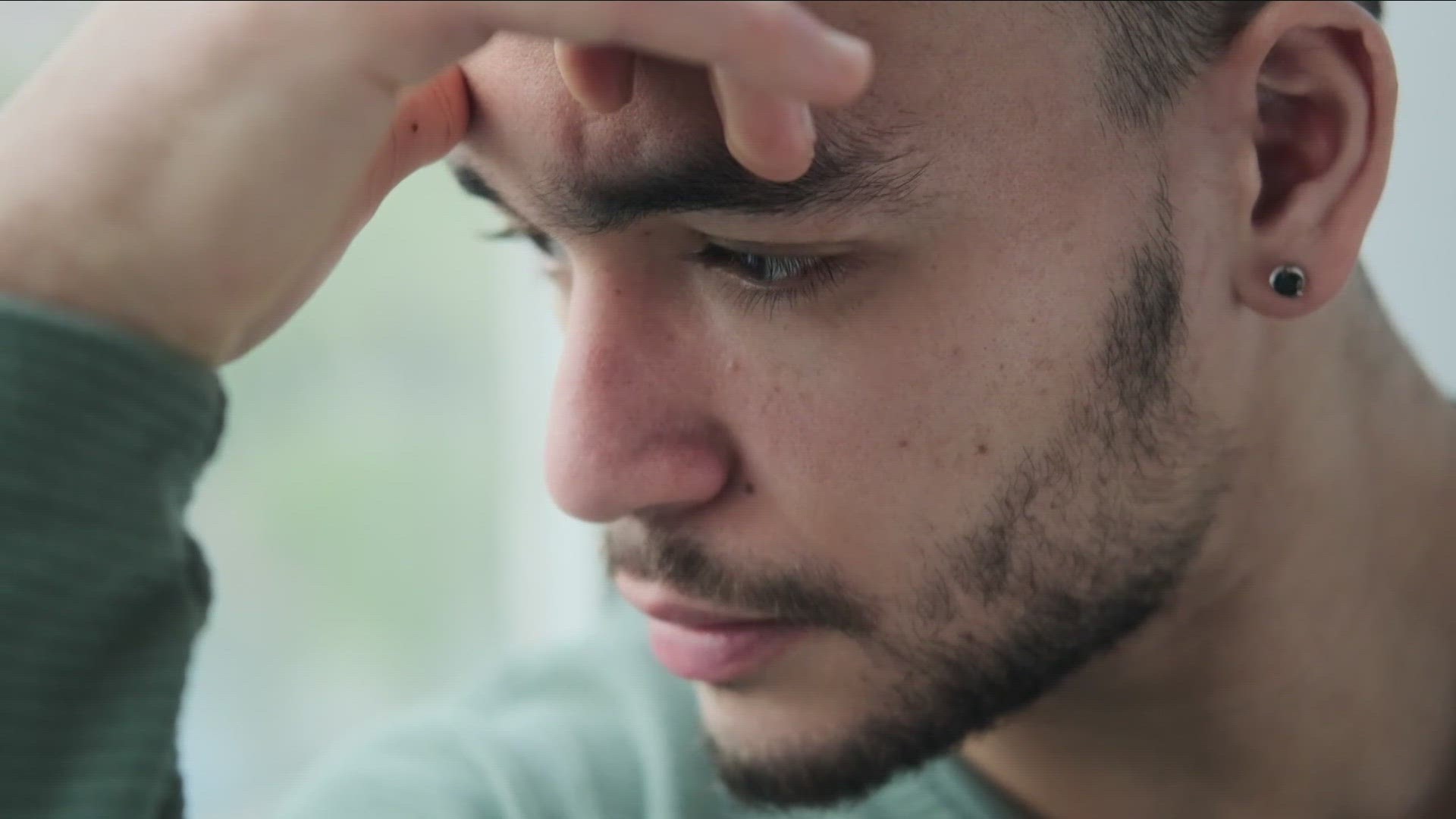BUFFALO, N.Y. — According to the American Psychiatric Association around 5% of adults in the United States experience Seasonal Affective Disorder, which is most common in the fall and winter months.
With it being grey and cold in Western New York right now, 2 On Your Side looked into Seasonal Affective Disorder, but we also talked with a psychologist about what could be impacting your mood if that's not your diagnosis.
Dr. Amy Beth Taublieb says the winter weather impacts us all differently.
"Individuals who go through depression, typically these grey days make things worse because they look to the sunshine, they look to the weather, they look to the quote-unquote happiness outside as a way to help bring up their mood," said Dr. Amy Beth Taublieb, a licensed psychologist.
She says if someone experiences anxiety, they tend to prefer these grey days.
"Because they feel the world on the outside is generally less threatening and they are less visible," said Dr. Amy Beth Taublieb.
And, for some people, grey days can be reassuring.
Only a small part of the population is impacted by Seasonal Affective Disorder.
"People who are said to experience SAD are people who claim that when it's cloudy when the sun is not out, it makes them depressed," said Dr. Amy Beth Taublieb.
Chief Meteorologist Patrick Hammer says so far this month, we've only seen blue sky twice.
"And I'm not talking, like, half a day, all day. I'm talking, like, maybe an hour or three hours. That's it," said Patrick Hammer.
"What I have found personally in my work, is that the weather, whether it's cloudy, whether it's sunny, whether it's snowy, whatever, it does not make a person feel a certain way, but rather when a person is feeling sad, if a person is feeling happy, the weather kind of exaggerates, highlights, or emphasizes how they feel. So personally, from a clinical standpoint, I have to say, not that I don't believe in SAD because I absolutely do, but it's not as if the weather makes a person sad," said Dr. Amy Beth Taublieb.
Dr. Taublieb says you need to find out what is truly bugging you and what makes you feel better about yourself so you can celebrate what makes you happy.
"If we can say, well, what's really bothering me is that I don't like this, this, and this about the relationship I'm in. That can be changed. If we look at it differently and say it's just the weather, we're kind of helpless. So again, if we identify the true source of our dysthymia, of our feeling bad, that in a way empowers us," said Dr. Amy Beth Taublieb.

